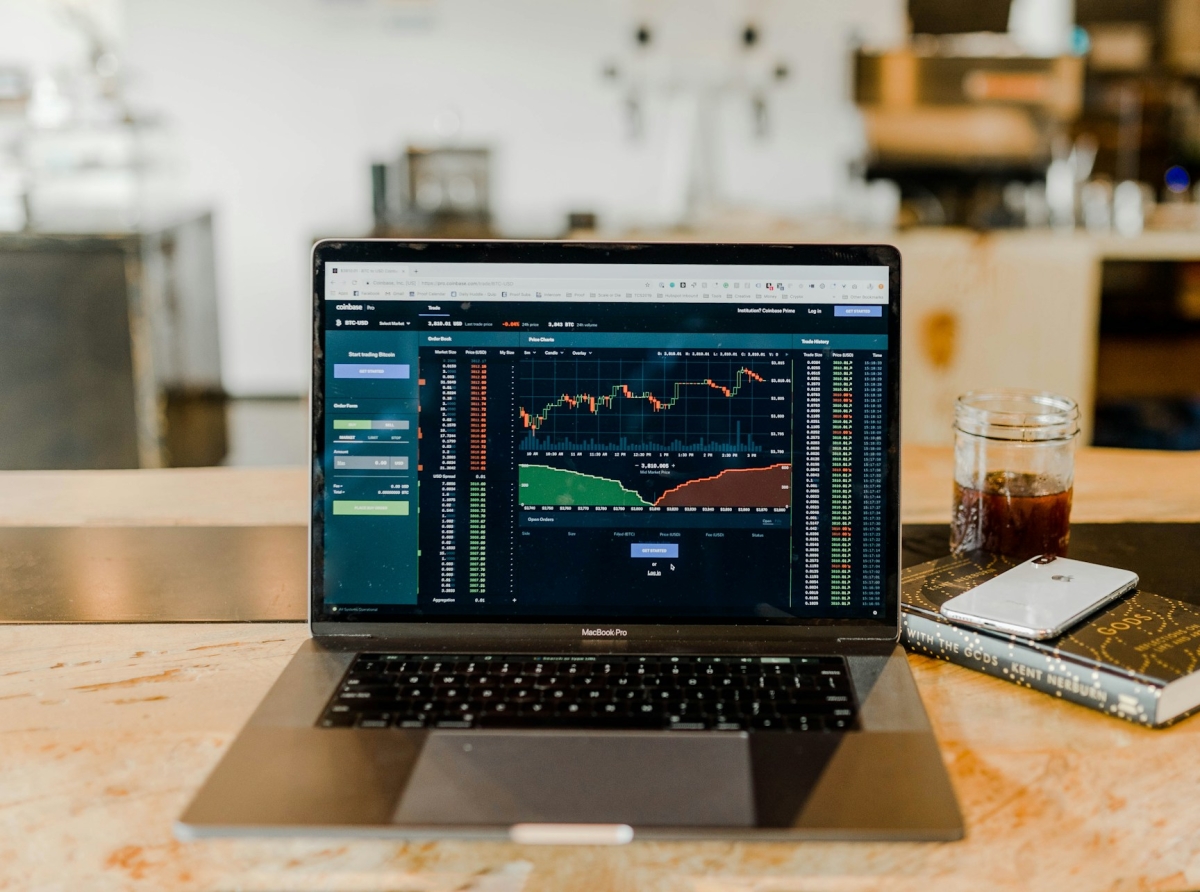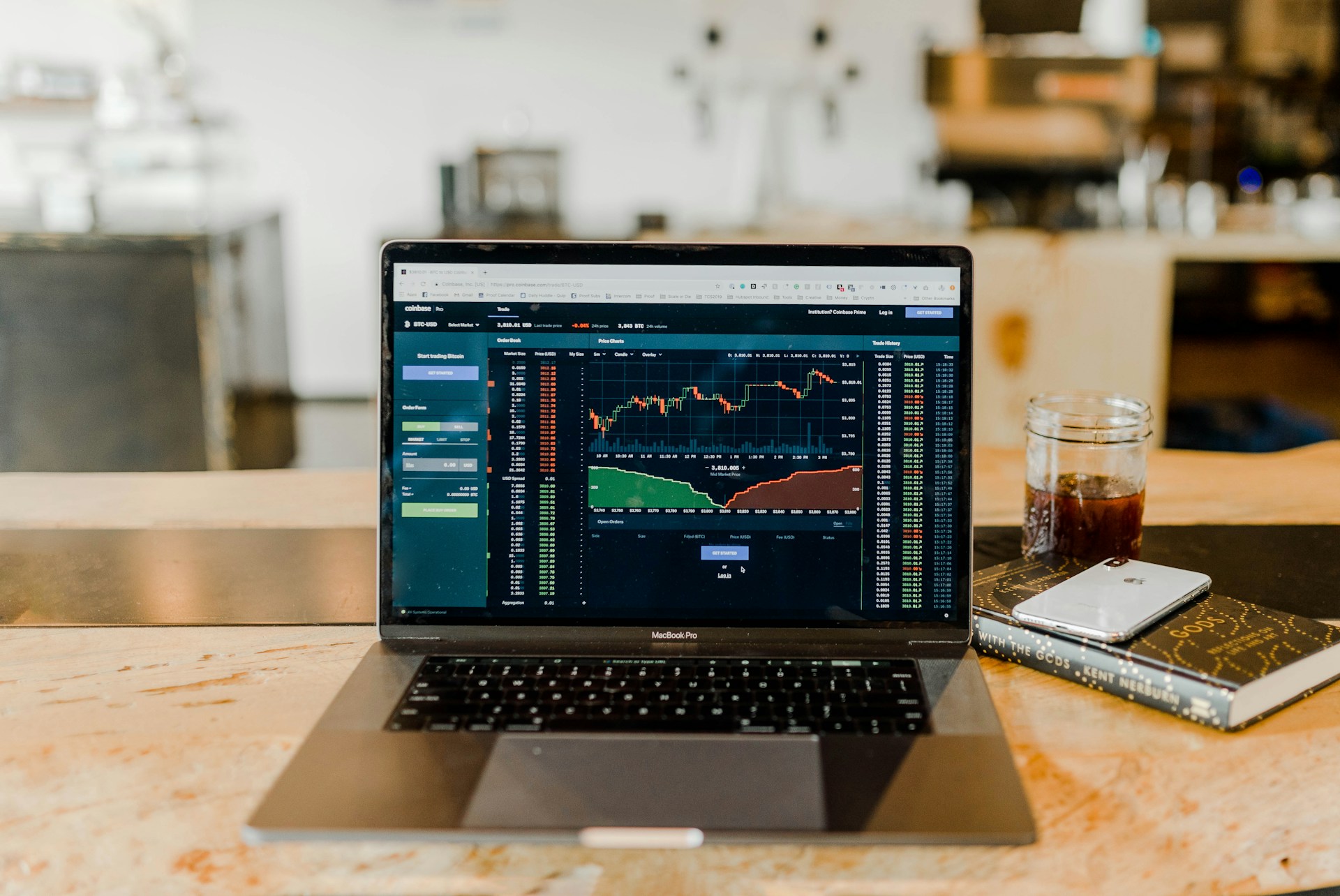Unveiling the Patterns: The Nexus Between Forex Spread Size and Market Trends

Unveiling the Patterns: The Nexus Between Forex Spread Size and Market Trends
In the pulsating heart of the world’s financial system, the foreign exchange (Forex) market commands a formidable presence, wielding a daily transaction volume surpassing $6 trillion. A crucial aspect often shadowing every trade is the ‘spread’, a term that might seem innocuous to the untrained eye but plays a pivotal role in shaping trading costs and strategies. The spread in Forex markets is essentially the gap between the bid and ask price of currency pairs—a cost traders must inevitably encounter in their trading journey.

Unveiling the Patterns: The Nexus Between Forex Spread Size and Market Trends
The Impact of Spread Size on Trader Behavior
The magnetic field of spread size exerts an undeniable force on trader behavior. When spreads widen, they gnaw at potential profits, prompting traders to tread cautiously or even deter them from entering a trade. On the flip side, narrow spreads can stimulate trading activity by reducing transaction costs and allowing for tighter stop-loss orders.Understanding this dynamic, astute traders often employ strategies such as trading during peak liquidity hours when spreads typically contract or selecting currency pairs inherently characterized by lower spreads. Some might even resort to scalping—a strategy predicated on making numerous trades for small profit margins, wherein low spreads are critical for its success.
Analyzing Exchange Trends in Relation to Spread Dynamics
Digging into the annals of Forex history reveals a fascinating tapestry of exchange rate trends interwoven with spread fluctuations. It’s not uncommon to find that during periods of significant economic announcements or geopolitical upheaval, spreads widen due to heightened volatility and uncertainty.Case studies are particularly enlightening in this context. For instance, when examining the tumultuous times around Brexit negotiations or major central bank announcements, one could see spikes in spread size that correspond with erratic market movements—an invaluable insight for traders aiming to decode market sentiments.
The Interplay Between Market Volatility, Liquidity, and Spread Size
Market volatility and liquidity are two sides of the same coin that directly influence spread size. High volatility often leads to less predictable price movements which brokers cushion against by expanding spreads. Liquidity tells another tale; greater liquidity suggests more participants and tighter competition among market makers, which generally results in lower spreads.This synergy between volatility, liquidity, and spread size serves as a barometer for traders to gauge market conditions. A thorough analysis can guide them on when to enter or exit trades based on favorable spread conditions relative to market stability.
In dissecting the complex relationship between Forex spread size and exchange trends, we unearth a multitude of insights that reinforce how integral an understanding of spreads is for successful trading. Whether it’s strategizing around periods of low spreads or bracing for high-volatility events that could inflate costs, traders who master this aspect place themselves at an advantageous vantage point.
As we continue sailing through the ever-shifting tides of global economies and technological advancements that might disrupt traditional trading models, one axiom remains—the need for vigilance in monitoring spread dynamics as an essential part of navigating the Forex seascape.
Forex trading, Spread size, Exchange trends, Market analysis, Trading costs
As we continue sailing through the ever-shifting tides of global economies and technological advancements that might disrupt traditional trading models, one axiom remains—the need for vigilance in monitoring spread dynamics as an essential part of navigating the Forex seascape.
Forex trading, Spread size, Exchange trends, Market analysis, Trading costs









Report
My comments